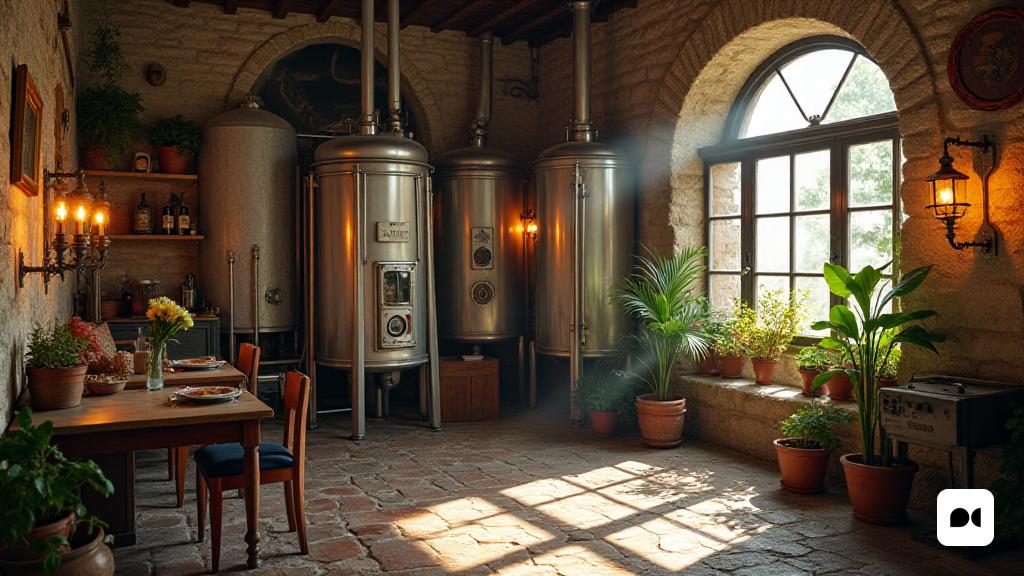The Difficulty of Financing Real Estate in Spain
Buying a property in Spain has become a common desire among many foreign buyers. However, the road to a mortgage can be fraught with obstacles for non-residents. Spanish banking entities, in general, impose stricter conditions on this group, which significantly limits their financial options.
Limitations on Financing
One of the first barriers is the amount that banks are willing to finance. While residents can get up to 80% of the property’s value, non-residents can only access a maximum of 70%. This means that foreign buyers must have 30% of the price of the property in cash, a requirement that can be difficult to meet.
Additional Expenses and Refund Terms
In addition to the initial capital, costs associated with the purchase, such as notary and management fees, cannot be included in the mortgage loan. This means that buyers must budget an additional amount to cover these expenses.
Less Favorable Return Conditions
Another aspect that complicates the situation is the reduction of the deadline for loan repayment. While residents can opt for mortgages of up to 40 years, non-resident aliens are limited to a maximum of 20 years. This restriction results in higher monthly fees, complicating your ability to manage your budget.
Risks and High Interest
In addition to financing terms and terms, interest rates are also a factor to consider. Banking institutions perceive a higher risk when lending to people who do not live in the country, resulting in higher interest rates for foreign buyers. In case of default, the bank may find itself in a difficult situation to recover the goods, especially if they are outside Spain.
Impact of Nationality on the Conditions
In addition, the nationality of the buyer can have a considerable influence on the terms of the loan. Those from countries with stable economies and sound financial systems may enjoy more favorable conditions, although nationality remains a decisive factor.
Motivations to Buy in Spain
Despite these difficulties, interest in buying real estate in Spain continues to grow. The motivations are diverse, including the search for a second home or investment in a real estate market that shows signs of growth. In addition, an investment of more than 160,000 euros can provide non-resident buyers with the opportunity to obtain a residence permit.
So, despite the obstacles they face, the attractiveness of buying a property in Spain for non-resident foreigners remains. The road to mortgage can be complex, but the attractiveness of the Spanish real estate market and the associated opportunities continue to drive this trend.

